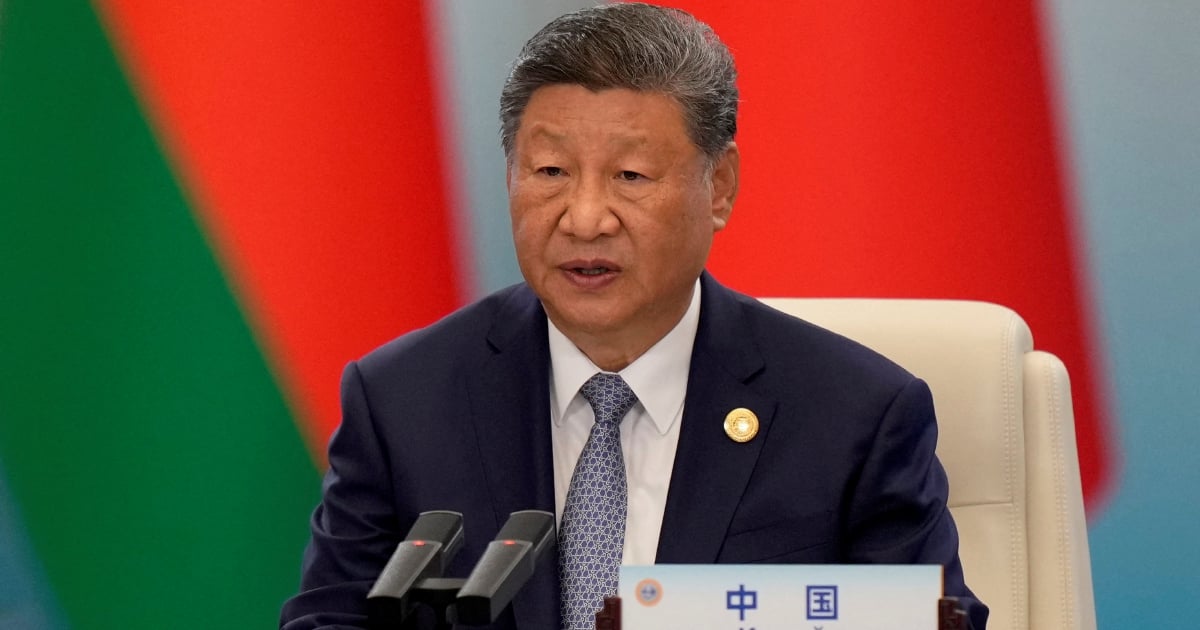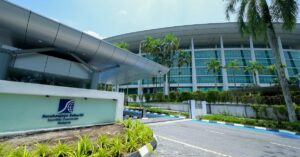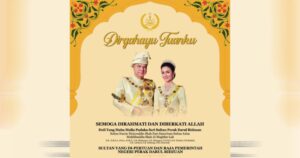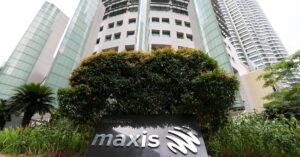CHINESE President Xi Jinping will host his country’s largest-ever military parade this week, as he seeks to recast Beijing as the custodian of a post-United States international order at a time of deep geopolitical uncertainty.
More than 20 world leaders including Russia’s Vladimir Putin and reclusive North Korean leader Kim Jong Un gathered for the “Victory Day” event today marking 80 years since Japan’s defeat at the end of World War 2.
The highly choreographed spectacle aims to project China‘s military might and diplomatic clout amid doubts over the US’s global role, as President Donald Trump slashes foreign aid, retreats from international institutions and wages a sweeping trade war on allies and rivals alike.
The joint appearance of Xi flanked by Putin and Kim overseeing the showcase of cutting-edge equipment like missiles and drones, may well be the defining image of the parade, an “Axis of Upheaval” defying the West.
For Kim, who crossed into China on his train yesterday, it will be his first major multilateral event and the first time a North Korean leader has attended a Chinese military parade in 66 years.
“The presence of Putin, Iran’s Masoud Pezeshkian and Kim Jong Un underscores China‘s role as the world’s leading authoritarian power,” said Neil Thomas, a Chinese politics expert at the Asia Society Policy Institute’s Centre for China Analysis.
The increase in leaders from Central Asian, West Asian and Southeast Asian countries attending this year’s parade compared with the last one in 2015 highlight’s Beijing’s progress in regional diplomacy, Thomas added.
Slovakian Prime Minster Robert Fico and Serbia’s Aleksandar Vucic, both critical of sanctions on Russia over its war in Ukraine, are the only Western leaders attending.
Trump, whose June military parade drew the largest nationwide protests since his return to power, has talked up his close relations with Xi, Putin and Kim.
Earlier this week, Xi rallied leaders of developing nations to advocate for a more equal, multipolar world and promote the “correct historical perspective” of World War 2 at a regional security forum in Tianjin.
The parade too is part of a “memory war” in which China and Russia offer an alternative history to a Western narrative they believe underplays their role in fighting fascist forces, the Brookings Institution wrote in a paper last week.
Xi has cast the war as a major turning point in the “great rejuvenation of the Chinese nation” in which it overcame Japan’s invasion to become an economic and geopolitical powerhouse.
While some residents have requested patriotic and military-themed haircuts ahead of the parade, such enthusiasm may be not be shared by all Chinese people.
Beijing has been paralysed by security measures and traffic controls in the weeks leading up to the parade.
Nationwide, local governments have mobilised tens of thousands of volunteers and Communist Party members to monitor for unrest ahead of the parade, estimates based on online recruitment notices show.
Taiwanese officials on Monday estimated Beijing was spending US$5 billion, the equivalent of two per cent of its defence budget, on the parade.
A July post on Zhihu, China’s equivalent of Quora, asked users what they looked forward to most about the parade.
“I hope they’ll spend less money and use it towards improving people’s livelihoods,” read one viral response which has since been deleted.
The writer is from Reuters
© New Straits Times Press (M) Bhd






